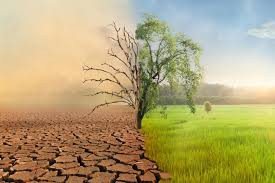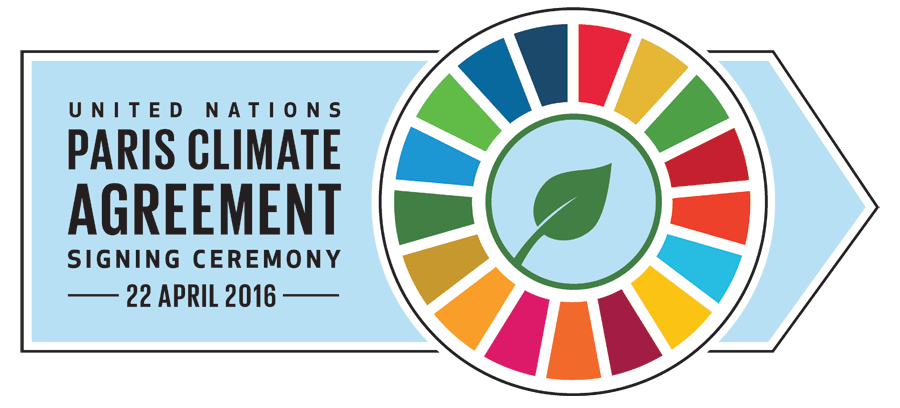Actionable Solutions to Combat Climate Change on A Global Scale

Climate change has been a growing concern for decades, with visible effects on the environment and people’s lives worldwide. Rising temperatures, more frequent extreme weather events, and disappearing wildlife have highlighted the need for urgent action. While governments, organizations, and individuals have made efforts to reduce these impacts, stronger measures are still needed to slow down climate change effectively.
Actions have been taken on a global scale to fight the issue, but more needs to be done. These efforts must focus on reducing harmful activities, protecting natural resources, and finding solutions that benefit both people and the planet. The fight against climate change calls for global cooperation and involvement from all sectors of society.
Key Decisions and Global Efforts to Reduce Emissions

Several key events have been held to address the urgent need for climate action. The Paris Agreement, signed in 2016, was a major decision taken by countries to limit global warming to 1.5°C above pre-industrial levels. This decision was made during a United Nations (UN) climate conference, where leaders from around the world agreed to cut down greenhouse gas emissions. The commitment from world leaders was an important step in recognizing the problem and taking steps to reduce its impact.
Another key event was the creation of the United Nations Framework Convention on Climate Change (UNFCCC), which helps countries set climate goals. Under the UNFCCC, regular conferences, known as the COP meetings, have been held. At these meetings, progress has been reviewed, and new agreements have been made to protect the environment. Although progress has been slow, these decisions continue to push for change on a global scale.
The outcomes of these decisions have been both immediate and long-term. In the short term, many countries have started using renewable energy, such as wind and solar power, to cut down on fossil fuels. On a long-term scale, these actions are expected to prevent the worst effects of climate change, such as rising sea levels and food shortages. However, success depends on how well countries stick to their promises and continue to reduce harmful emissions.
Individuals and Groups Leading the Charge
While international bodies have played an important role, many individuals and organizations have also led efforts to combat climate change. Environmental activists like Greta Thunberg have gained global attention by pushing for faster action and holding governments accountable for their promises. Thunberg’s school strikes, which started in Sweden, have spread worldwide, encouraging young people to demand action on climate issues.
Organizations such as Greenpeace and the World Wildlife Fund (WWF) have also played important roles. These groups focus on protecting endangered species, forests, and oceans while pushing for laws that cut down on pollution. Efforts made by these organizations help hold businesses and governments responsible for their actions, which directly impact the climate. The outcomes of their work are often seen in stricter laws against deforestation, pollution, and illegal fishing.
The influence of these groups and individuals has had a significant impact on public opinion. More people have become aware of the dangers of climate change and have been inspired to change their habits. In the long run, these efforts are expected to help build a more sustainable future, but much work remains.
What Can Be Done Now: Actionable Solutions

Many actionable solutions can be used by both governments and individuals to combat climate change. One of the most effective strategies is the adoption of renewable energy sources. Governments have been encouraged to invest more in solar, wind, and hydropower. By switching from fossil fuels to cleaner energy, the harmful emissions causing global warming can be reduced.
Deforestation has been a huge contributor to climate change. Trees naturally absorb carbon dioxide from the atmosphere, so preserving forests is essential. Countries where illegal logging has been a problem, such as Brazil, have been urged to protect the Amazon rainforest. Protecting and planting more trees can reduce the amount of carbon in the atmosphere and create healthier ecosystems.

Individuals can also contribute by making small changes in their daily lives. Reducing energy use, recycling, and supporting companies that promote sustainability are all simple ways to help the planet. In cities around the world, governments have been pushing for better public transportation systems to reduce car emissions. These solutions, when widely adopted, can make a big difference in slowing down climate change.
In the long term, the success of these solutions depends on cooperation. Governments, companies, and individuals must all work together to make the necessary changes. Although progress has been slow, immediate actions can help reduce the long-term impacts of climate change on future generations.
The fight against climate change is a global effort that requires urgent action. Through international agreements like the Paris Agreement and the leadership of environmental groups, some progress has been made. However, much more needs to be done to ensure that the worst impacts of climate change are avoided. Renewable energy, reforestation, and public awareness all play important roles in solving this crisis. With cooperation and commitment, the solutions to combat climate change are within reach.
By continuing to invest in renewable energy, protect natural ecosystems, and support international agreements, the world can achieve long-term success in this fight.





